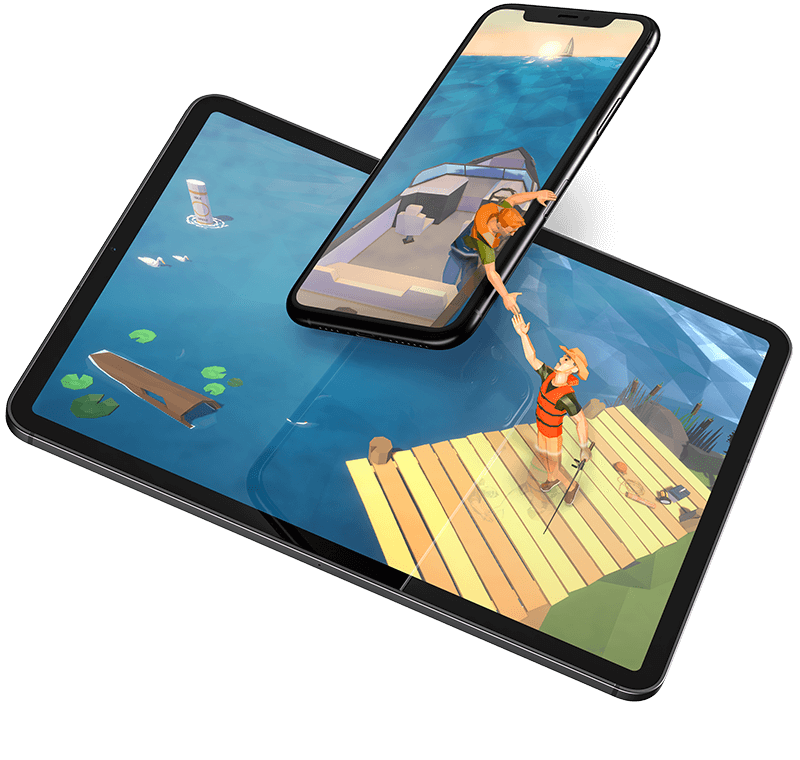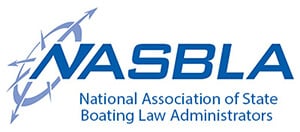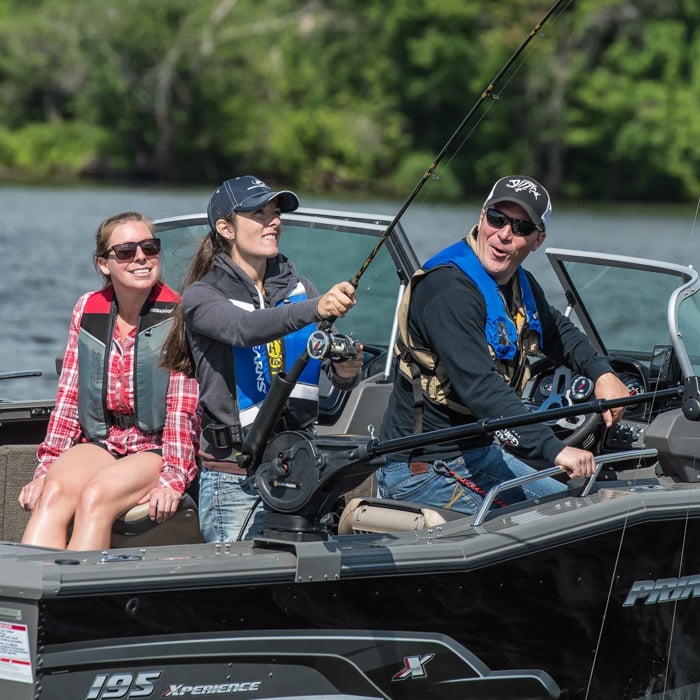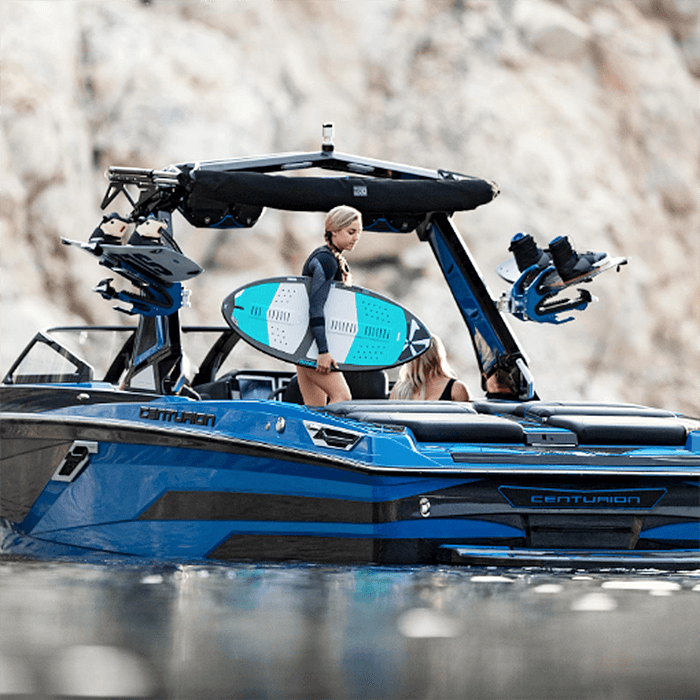Boating license requirements in Washington

You are required by law to carry a Boater Education Card if you fit the following criteria:
-
You operate a vessel with a 15-horsepower (or greater) motor.
-
You were born after Jan. 1, 1955.
-
You are 12 years of age or older.
Washington boating laws & regulations
All vessels (including canoes, kayaks and stand up paddle boards) must carry at least one properly fitted U.S. Coast Guard-approved life jacket (Personal Flotation Device or PFD) for each person on board a vessel.
Children 12 years old and younger must wear a U.S. Coast Guard-approved life jacket at all times when underway in a vessel less than 19 feet in length, unless in a fully enclosed area.
Each person on board a personal watercraft (PWC) and anyone being towed behind a boat must wear a U.S. Coast Guard-approved life jacket designed specifically for that activity.
A U.S. Coast Guard-approved throwable flotation device must be on board vessels 16 feet or longer. Canoes and kayaks are exempt from this requirement.
It is illegal in Washington to operate a vessel while under the influence of alcohol or drugs. This law applies to all boats include kayaks, canoes, row boats and inflatable fishing rafts.
The state’s legal alcohol limit is .08 and for marijuana it’s 5.00 nanograms.
Refusing to take a breath test is a civil infraction with a maximum fine of $2,050.
If found guilty of operating a boat under the influence, the penalty is a gross misdemeanor punishable by a maximum fine of $5,000 or 364 days in jail.
A BUI is considered a prior offense for later DUI (driving under the influence) convictions.
FAQ - Boating in Washington
- Who is required to take the boating safety course in Washington?
You are required by law to carry a Boater Education Card if you fit the following criteria:
-
You operate a vessel with a 15-horsepower (or greater) motor.
-
You were born after Jan. 1, 1955.
-
You are 12 years of age or older.
-
- Who is exempt from having to take the boating education course in Washington?
You are exempt if you fit the following criteria:
-
You were born before Jan. 1, 1955.
-
You are an operator of a commercial fishing boat and able to show a valid commercial license.
-
You are able to show a valid U.S. Coast Guard Marine Operator License.
-
You are renting a boat, have completed a watercraft safety checklist provided by the vendor and been issued a temporary card which you must carry with you.
-
You operate a government vessel exempt from state registration.
-
You are practicing or engaging in a permitted racing event, as long as permitting documentation is available upon inspection at the event site.
-
- What are the age restrictions regarding boating safety in Washington?
-
Anyone 12 years old and older may operate a motorboat of 15 horsepower and greater with a Washington Boater Education Card.
-
Without a card, the person must be supervised by someone at least 16 years old, who is carrying a Boater Education Card.
-
Anyone born before January 1, 1955 is exempt from needing to carry a Boater Education Card.
-
Personal Watercraft – You must be at least 14 years old to operate a personal watercraft. Remember, it is illegal to lease, hire, or rent a personal watercraft to anyone under 16 years old.
-
- Do I need to register my boat in Washington?
To navigate, operate, employ or moor your vessel in Washington, you must have a Washington title, registration card and registration decals, except: If your vessel is a canoe, kayak, or a vessel not propelled by a motor or sail.
- Is my boating license good in other States?
Every U.S. state that demands a boating license will accept Boating Education Licenses from other states that conform to NASBLA requirements as well.
You should follow your safety course in the State where you are resident.




